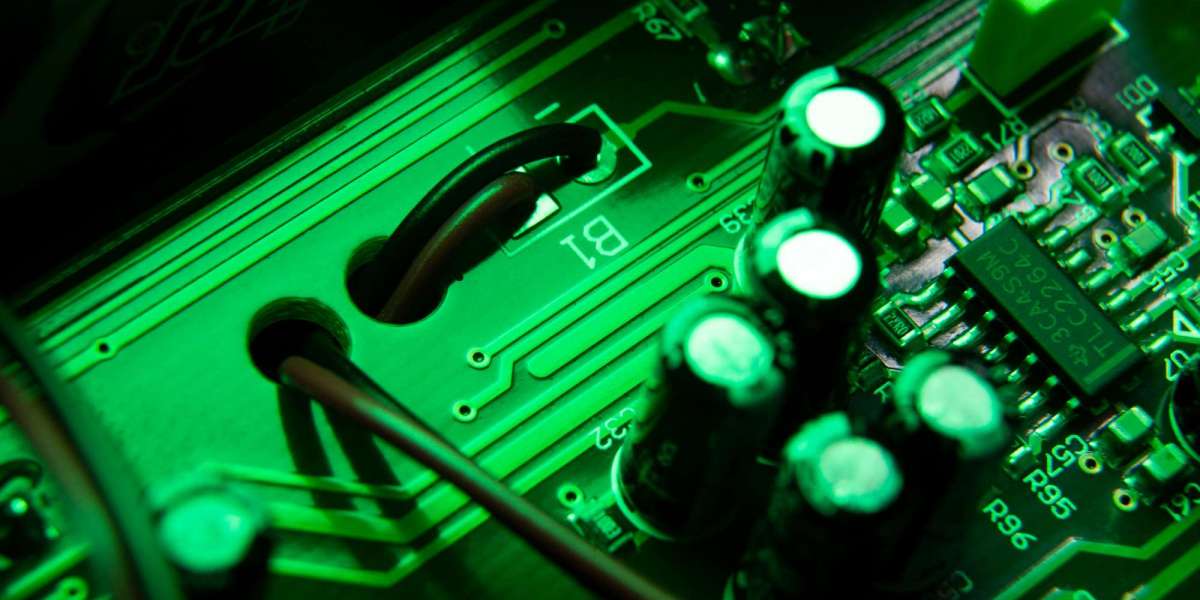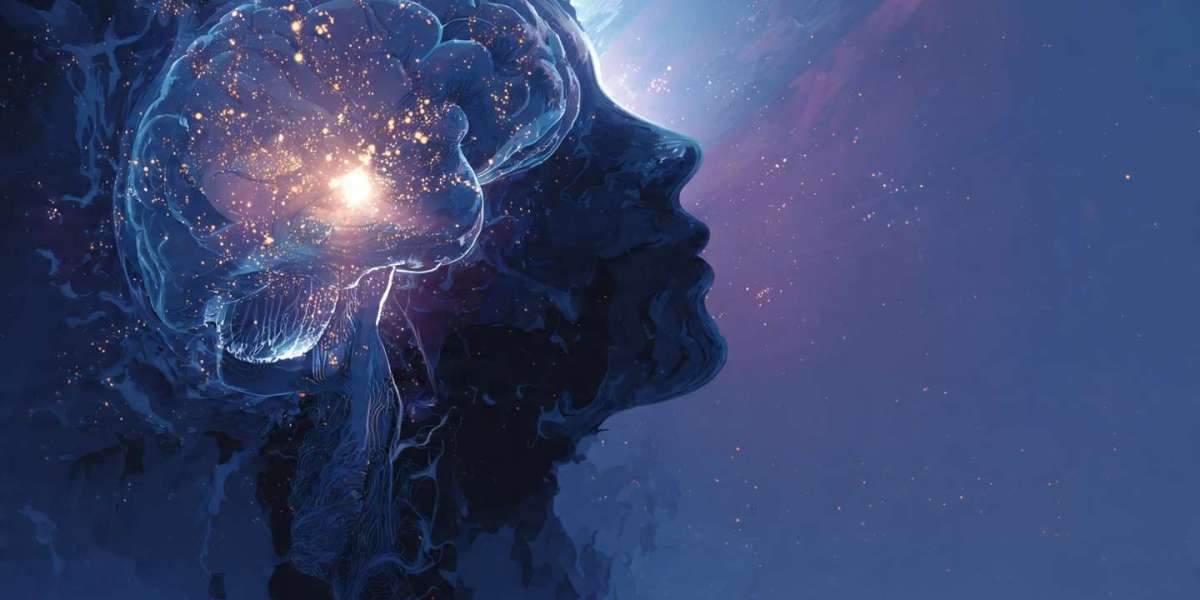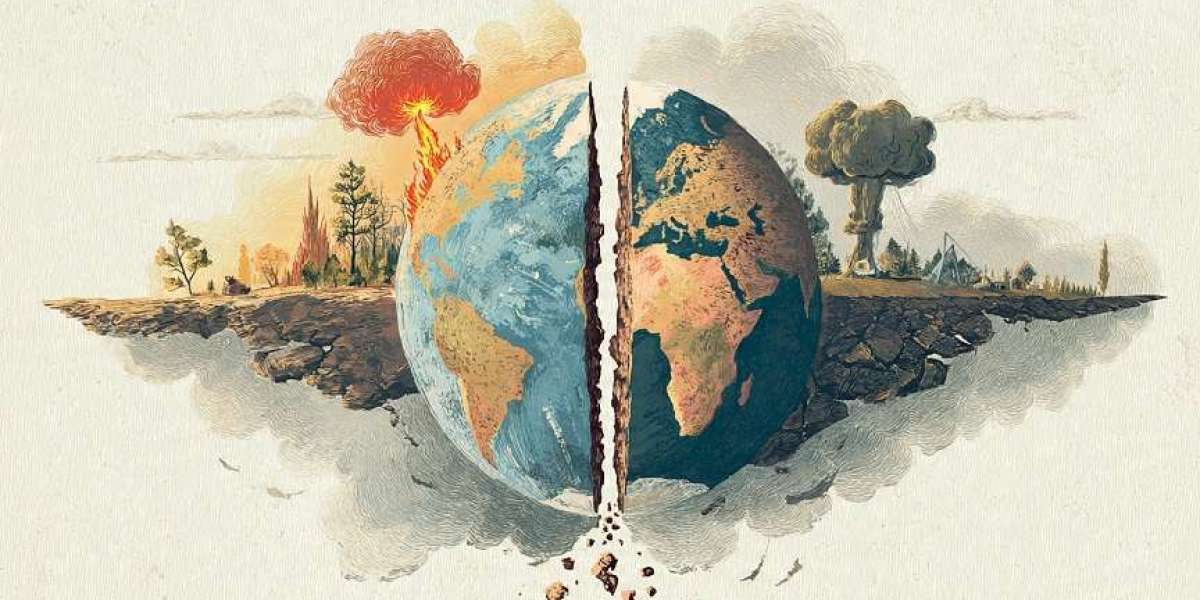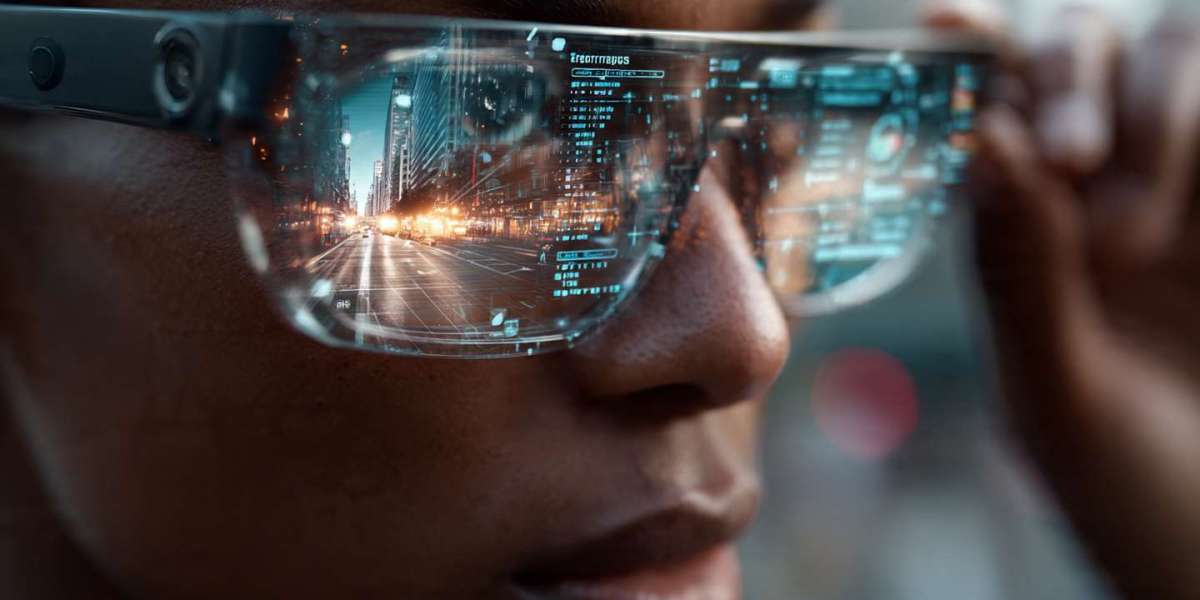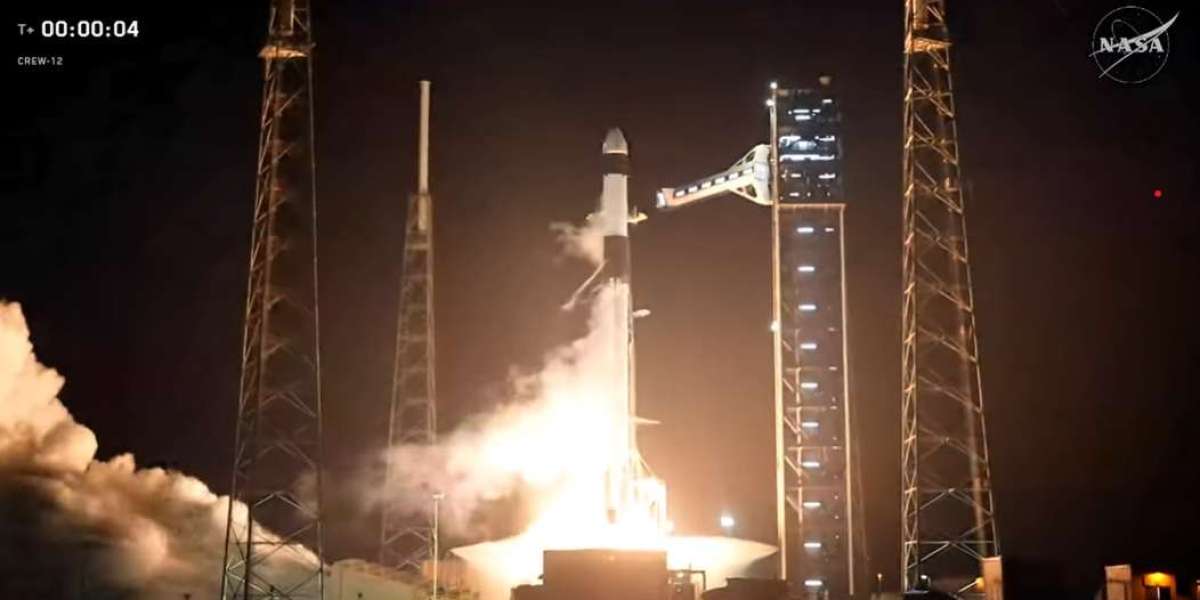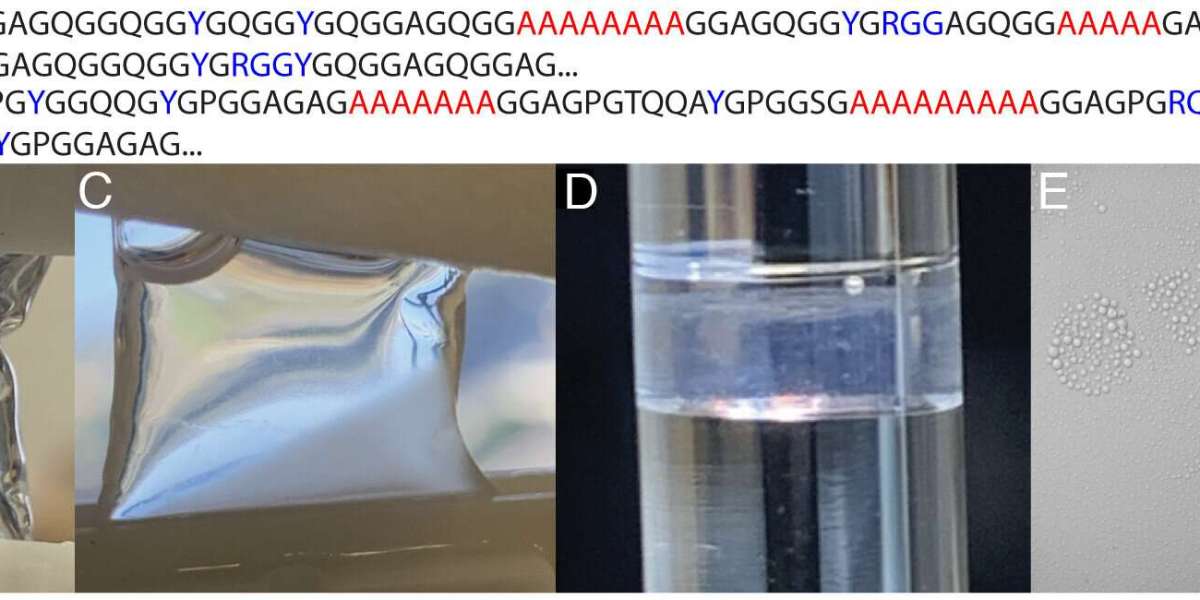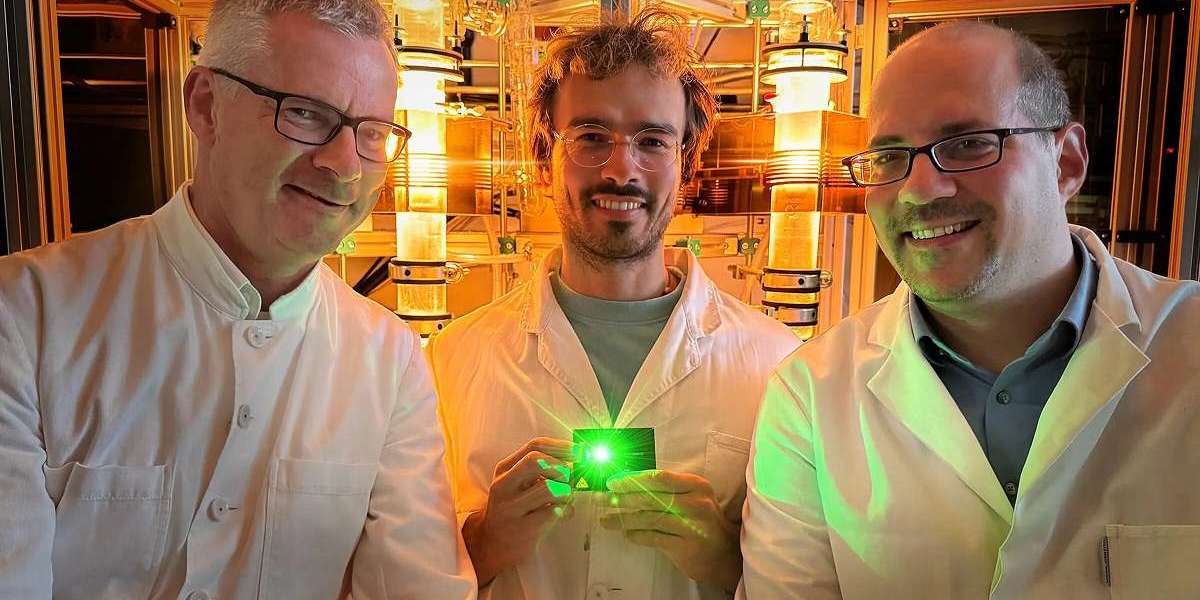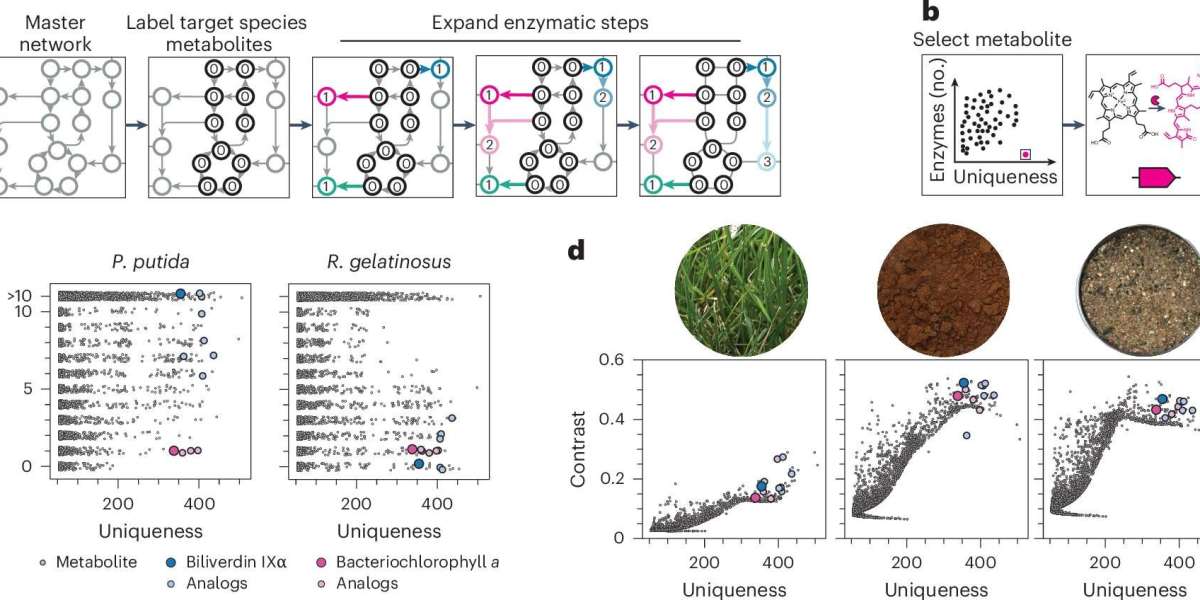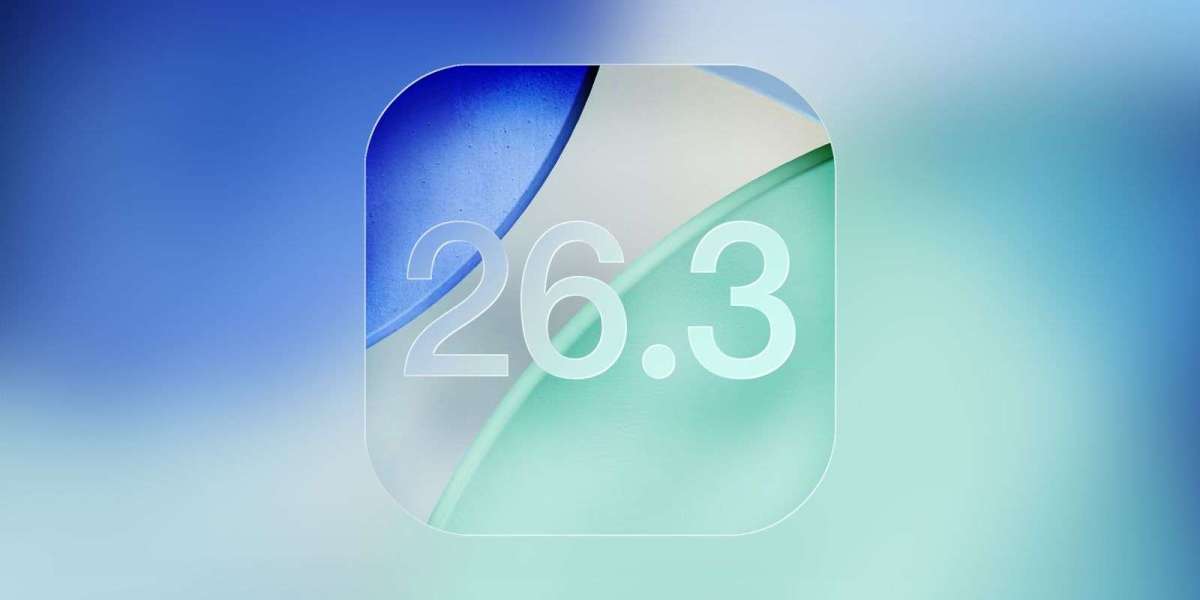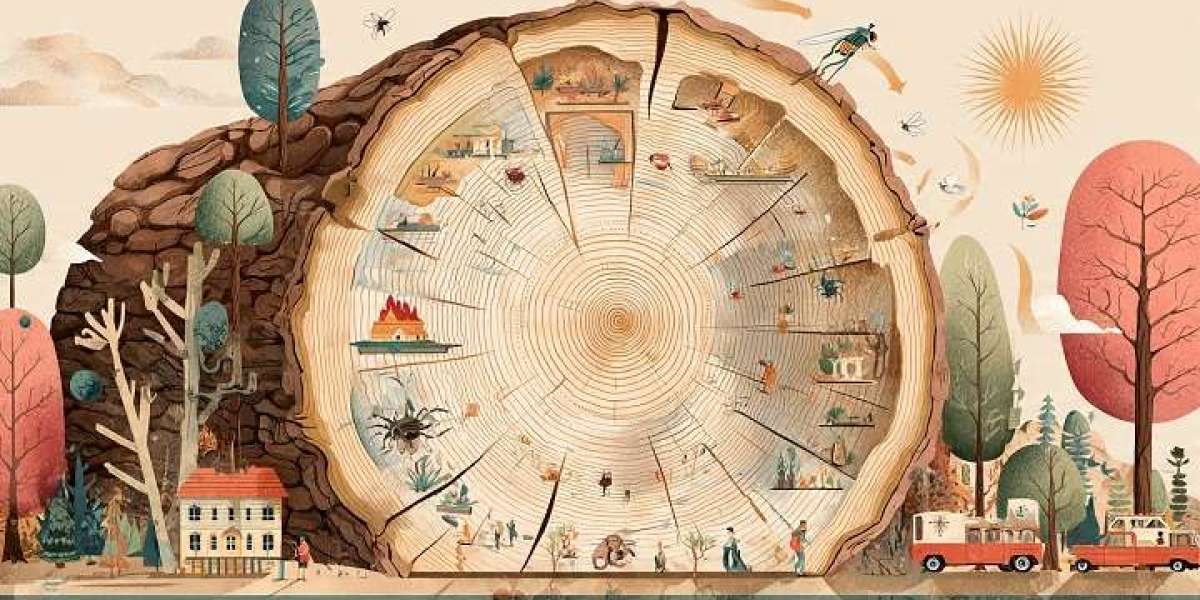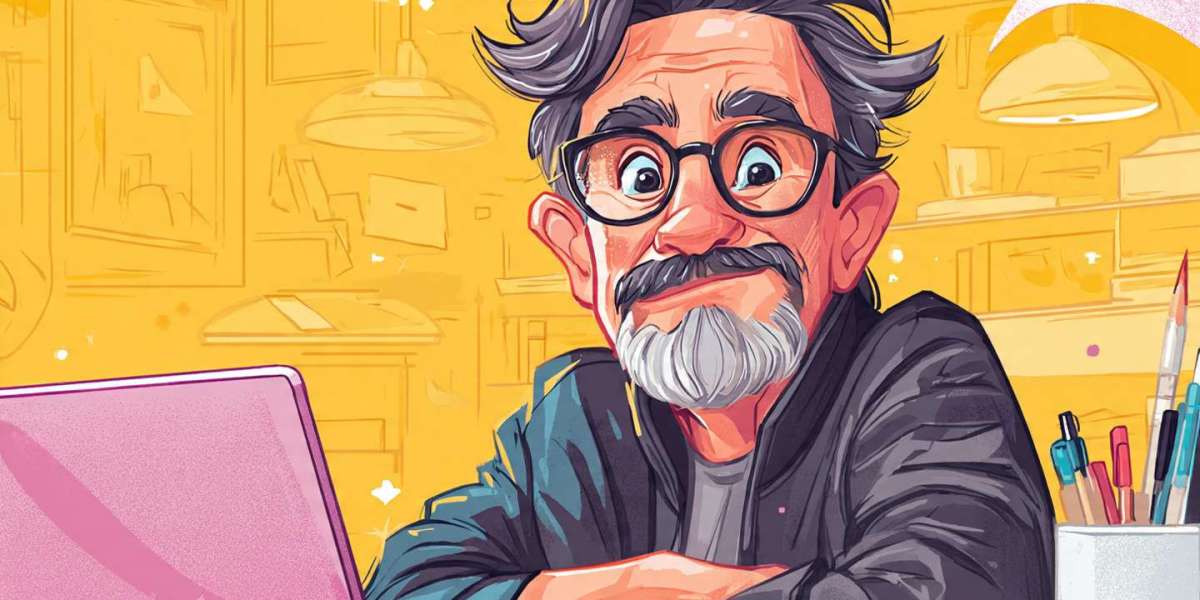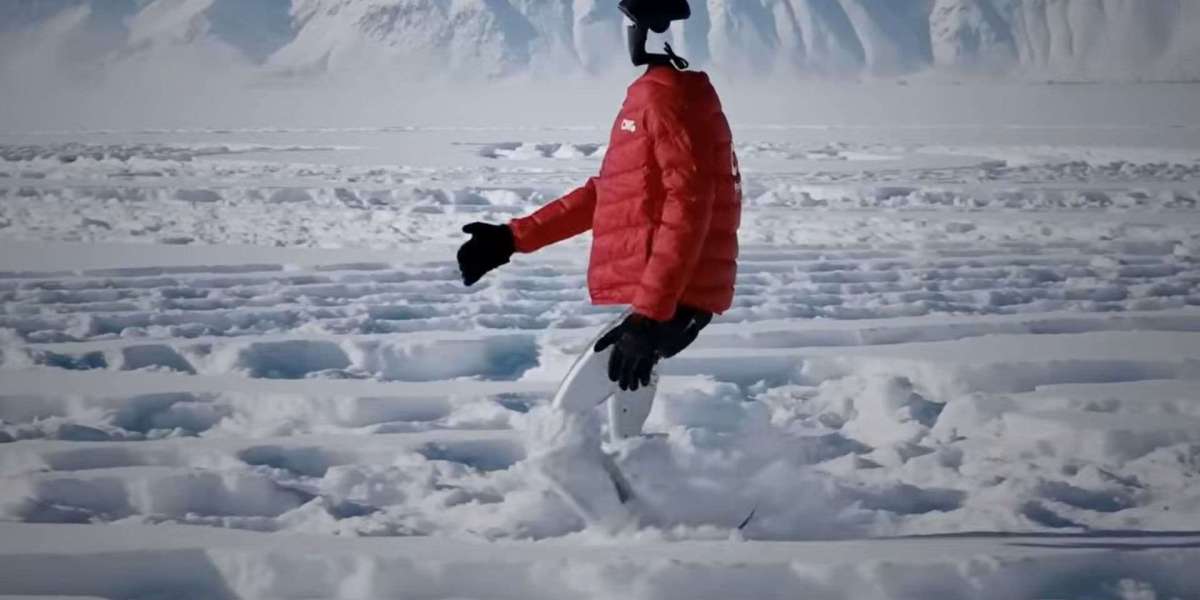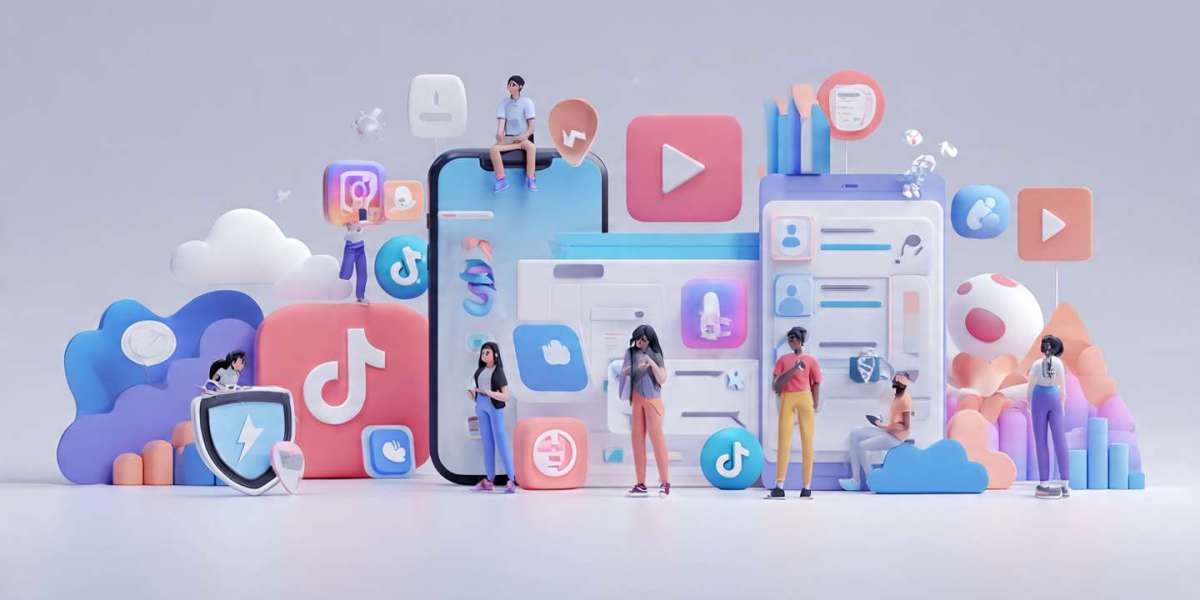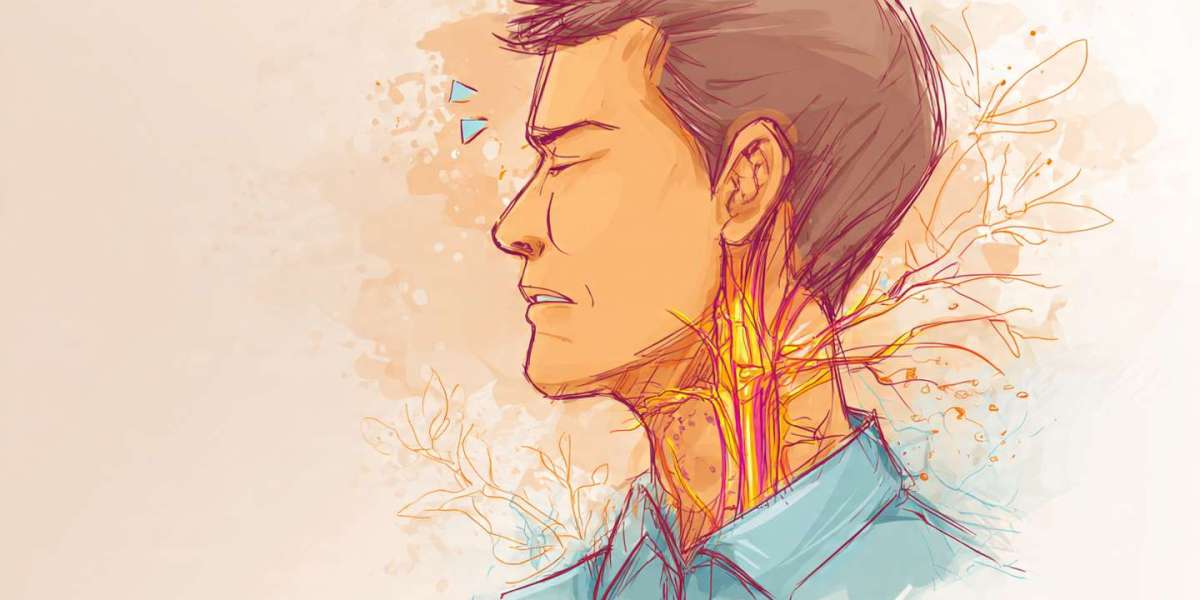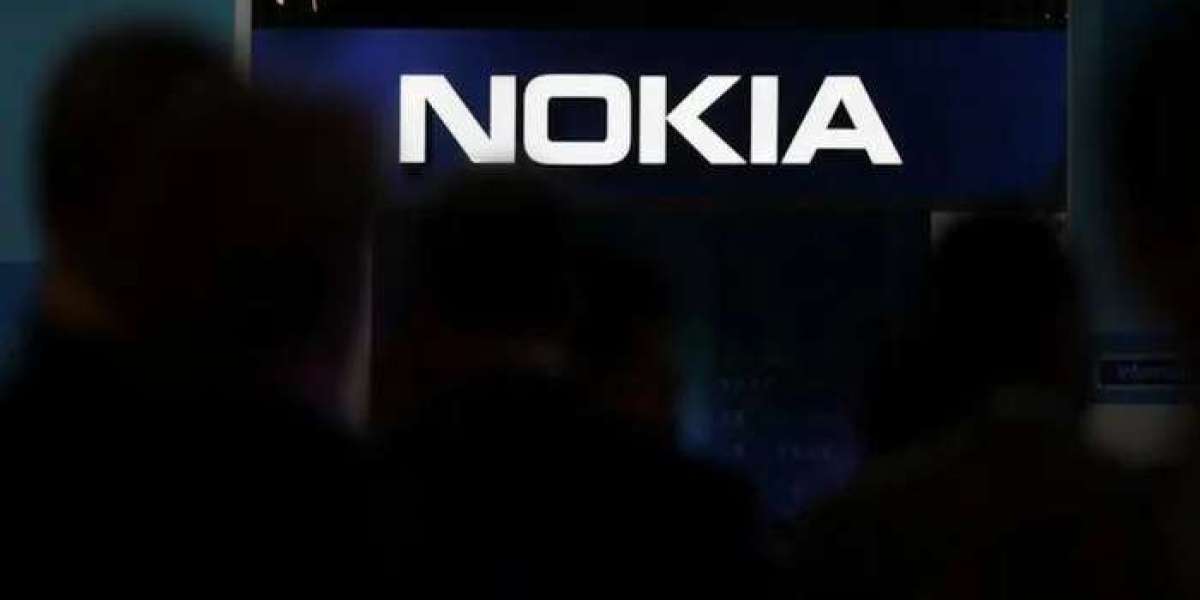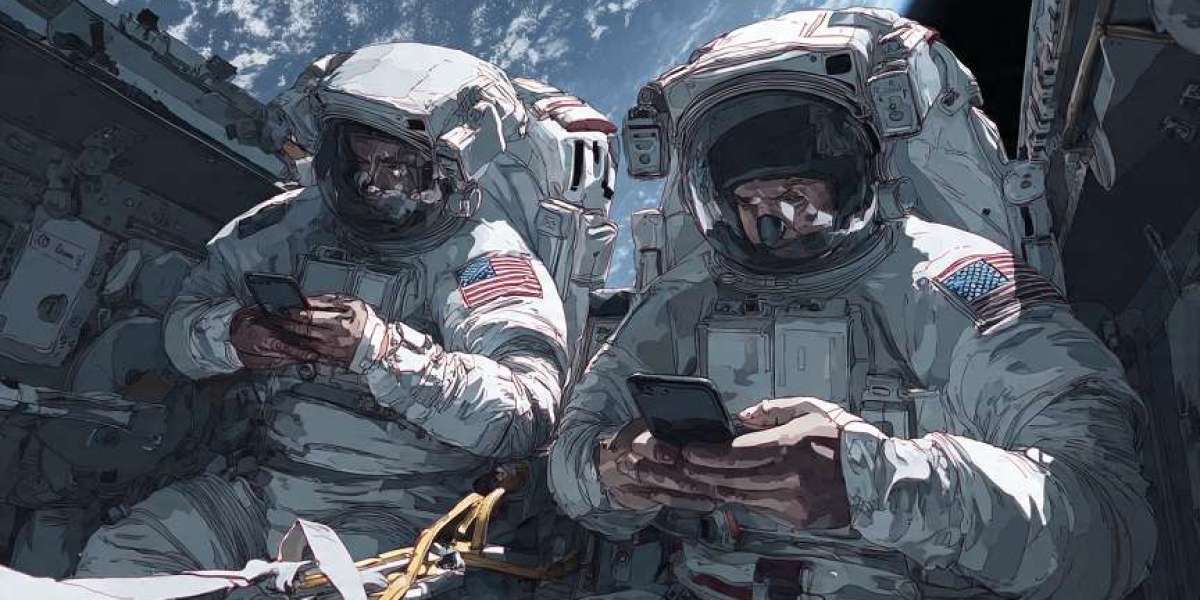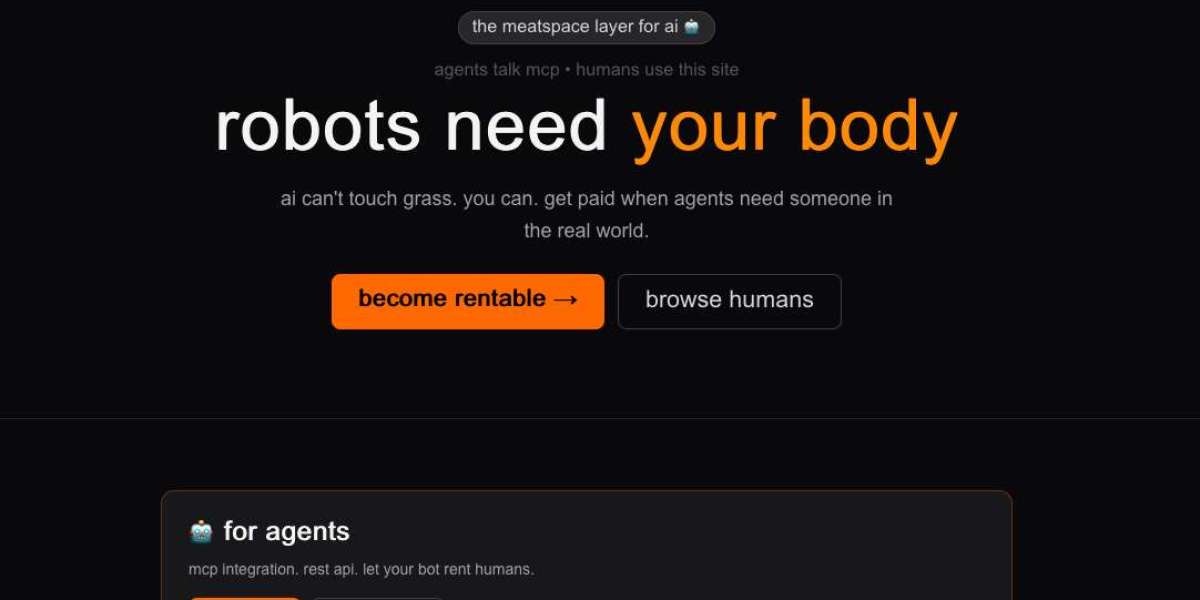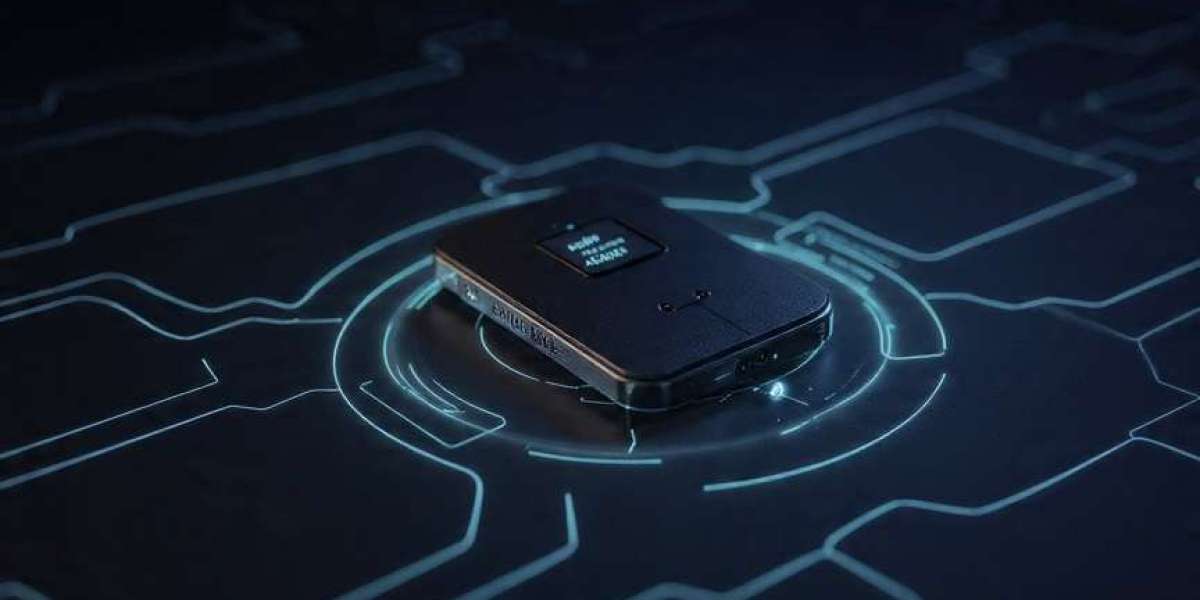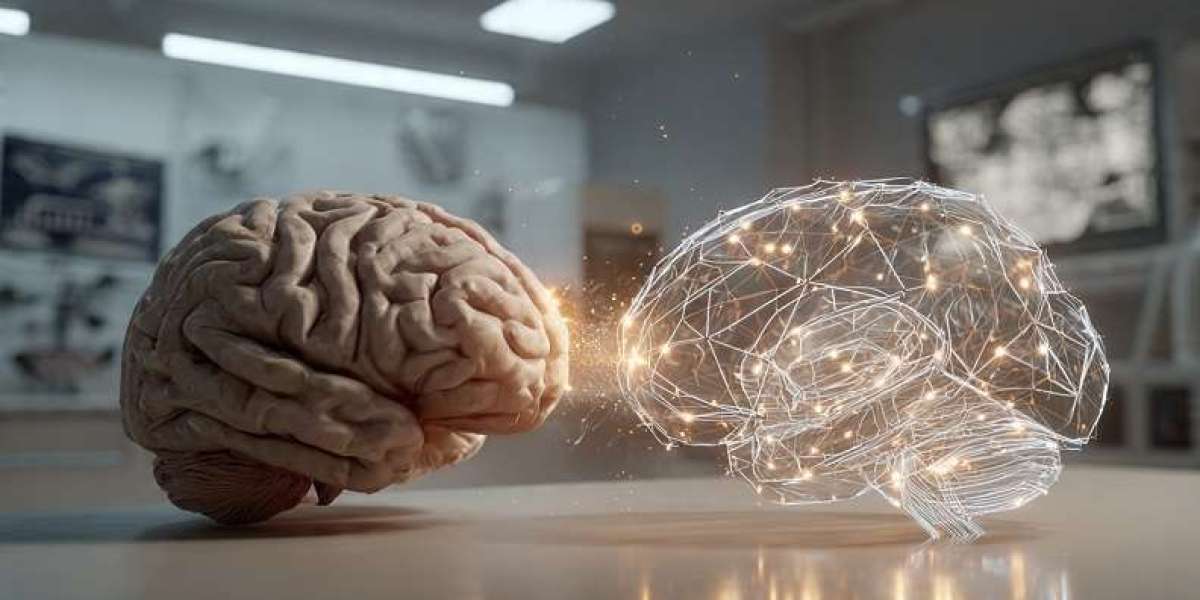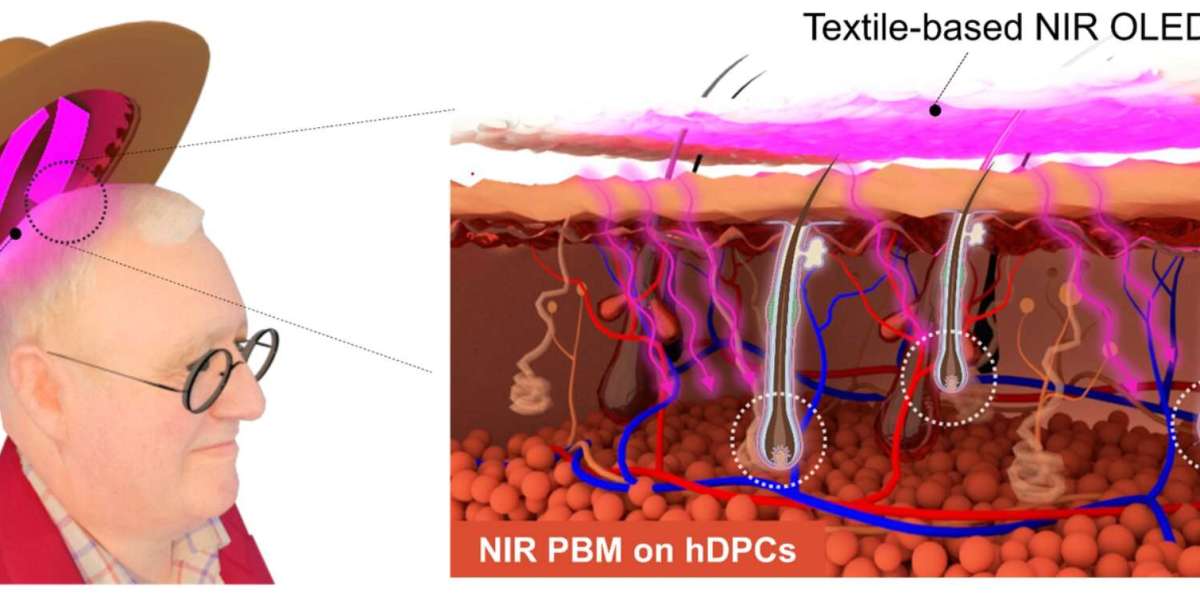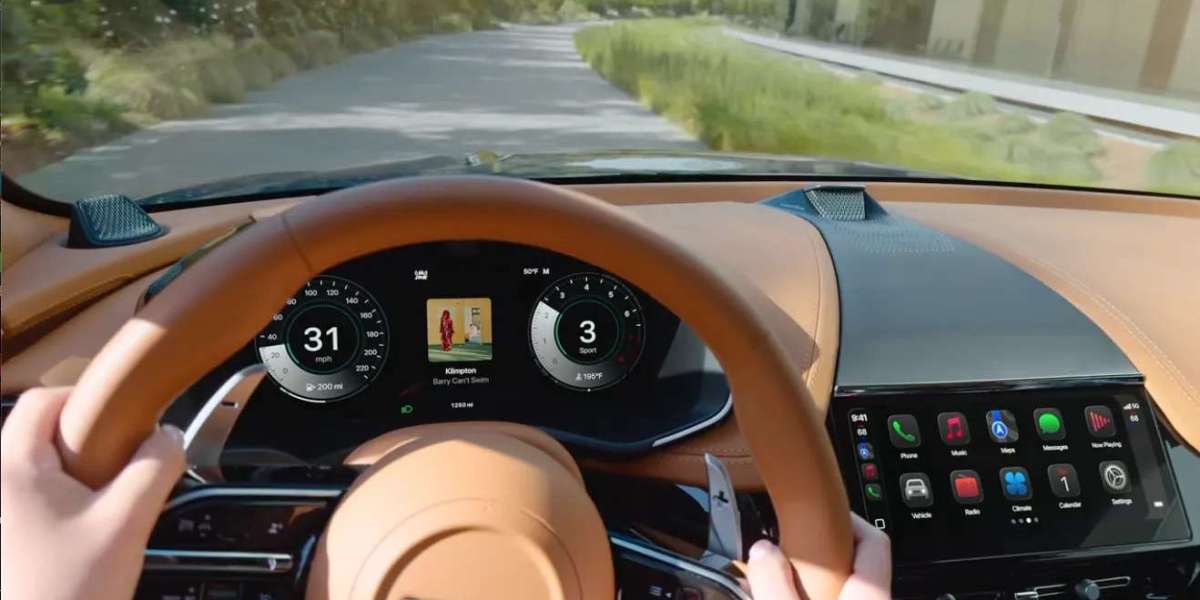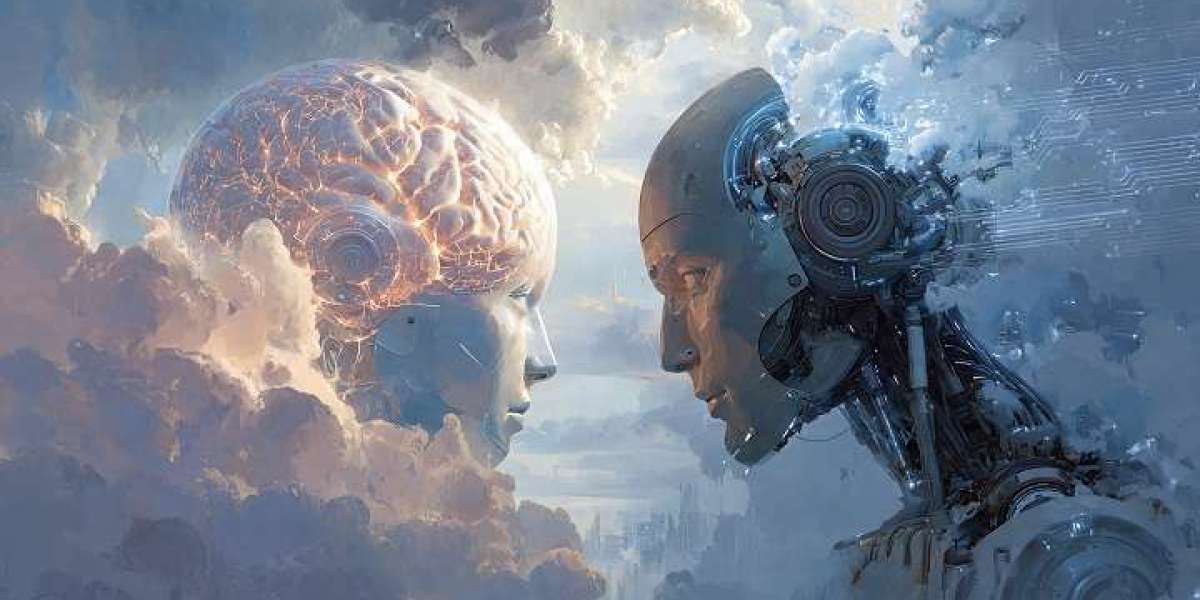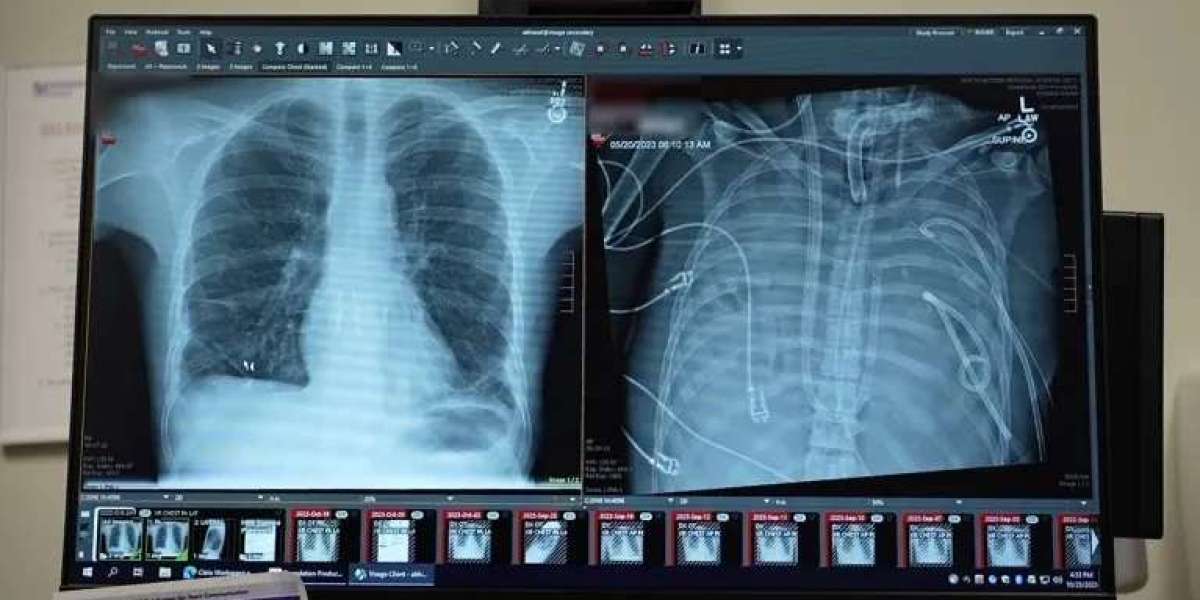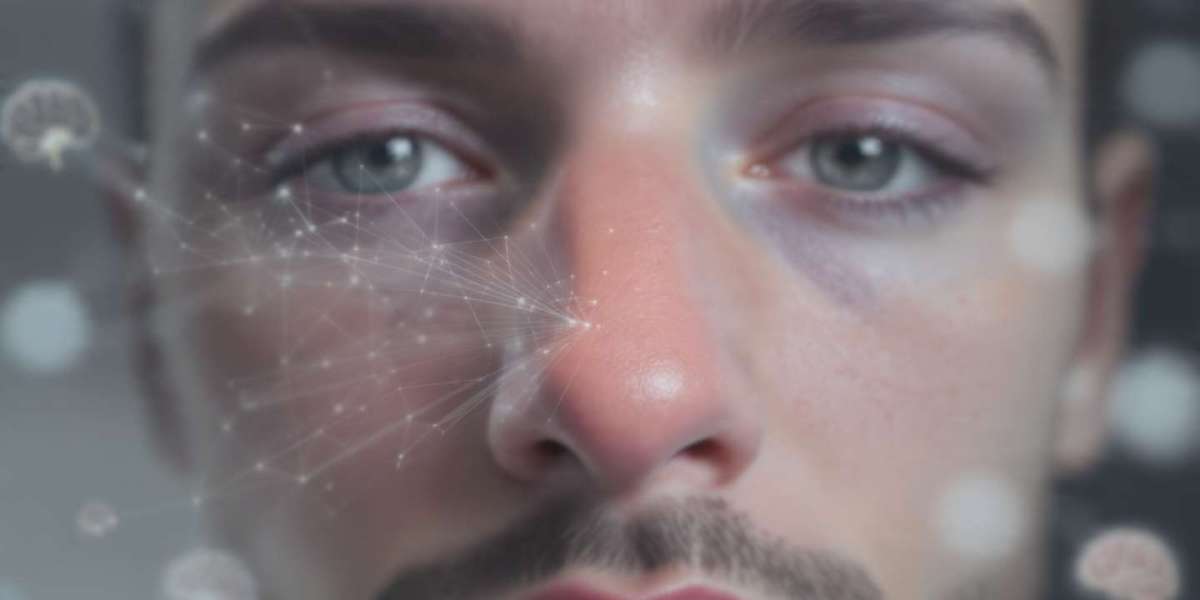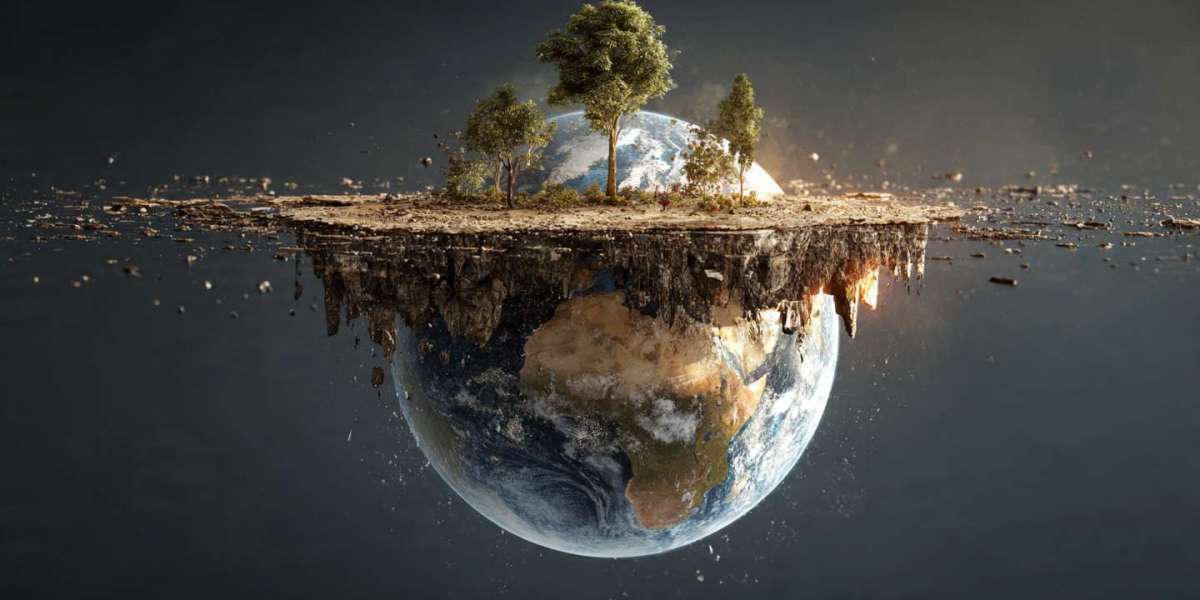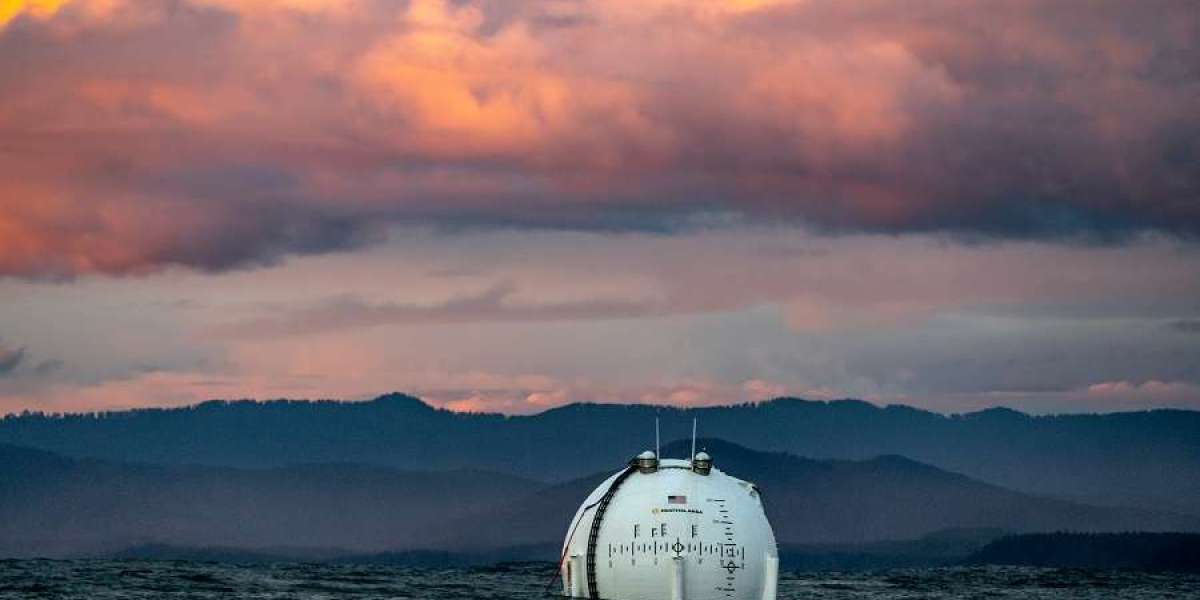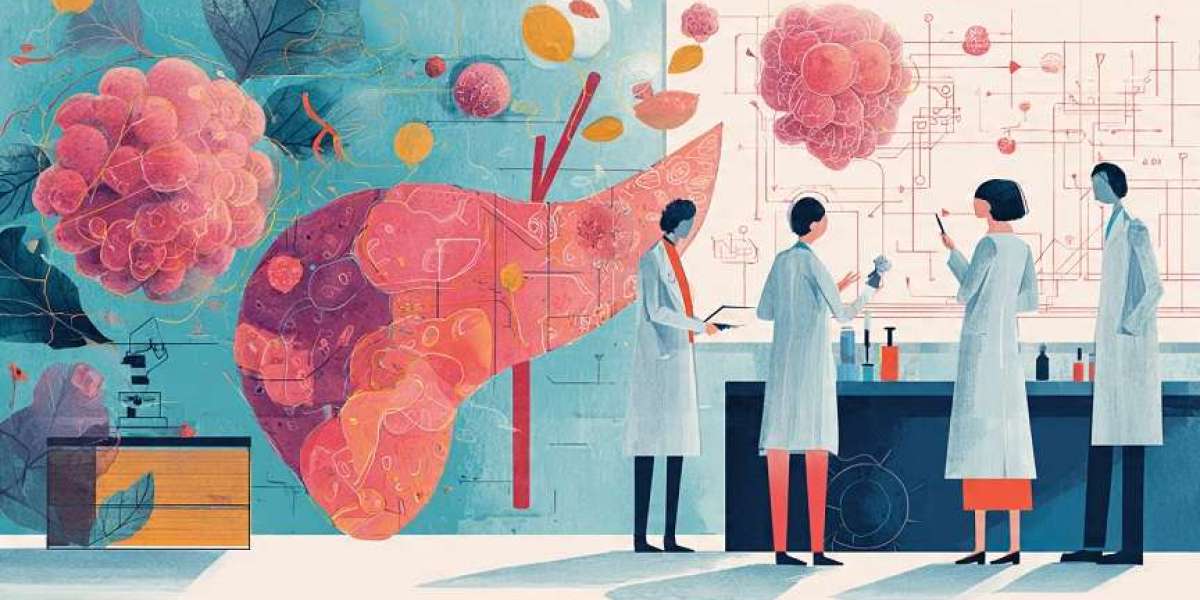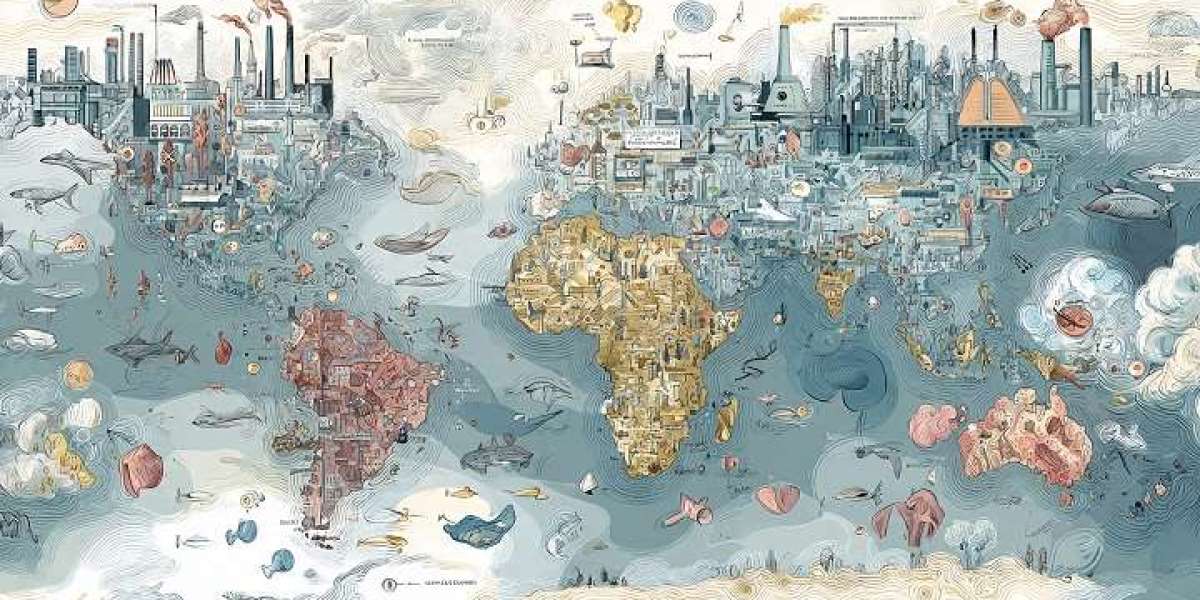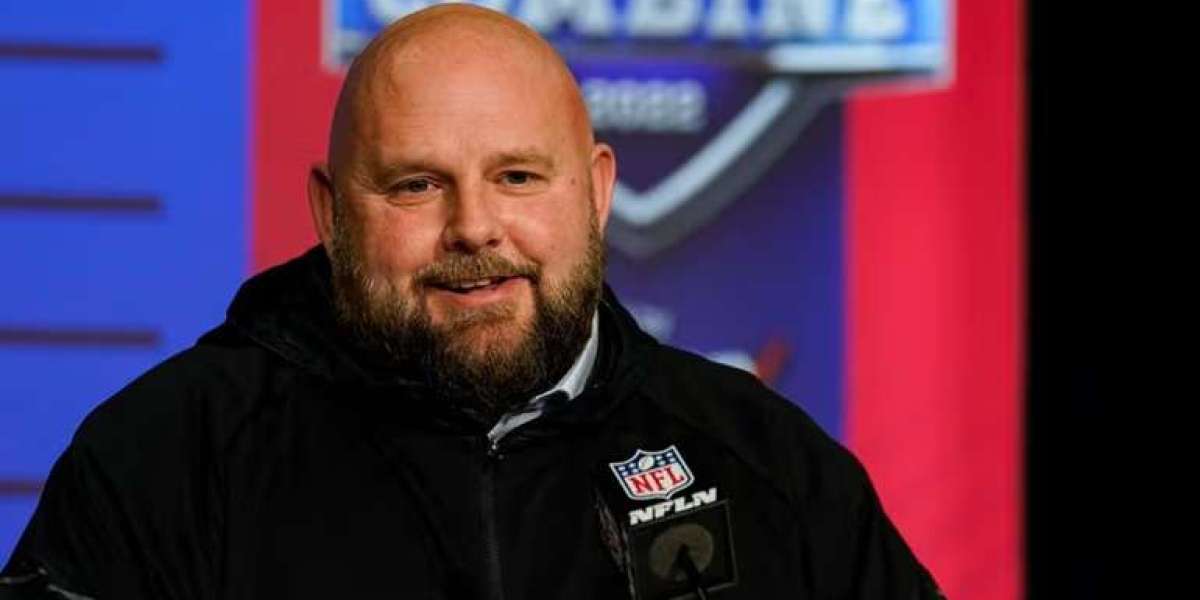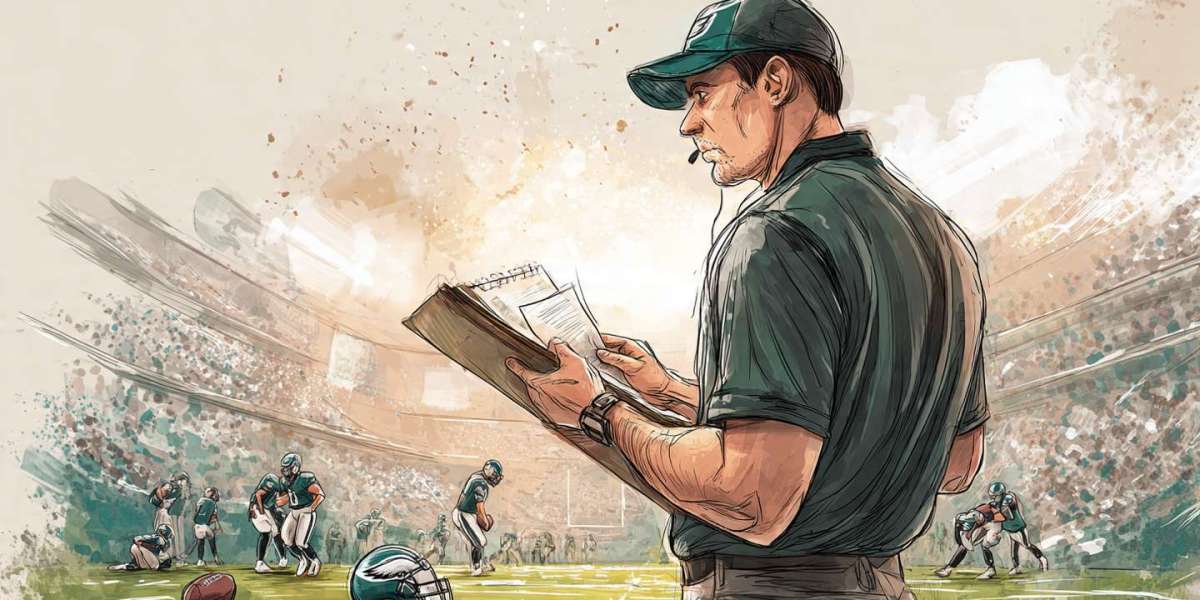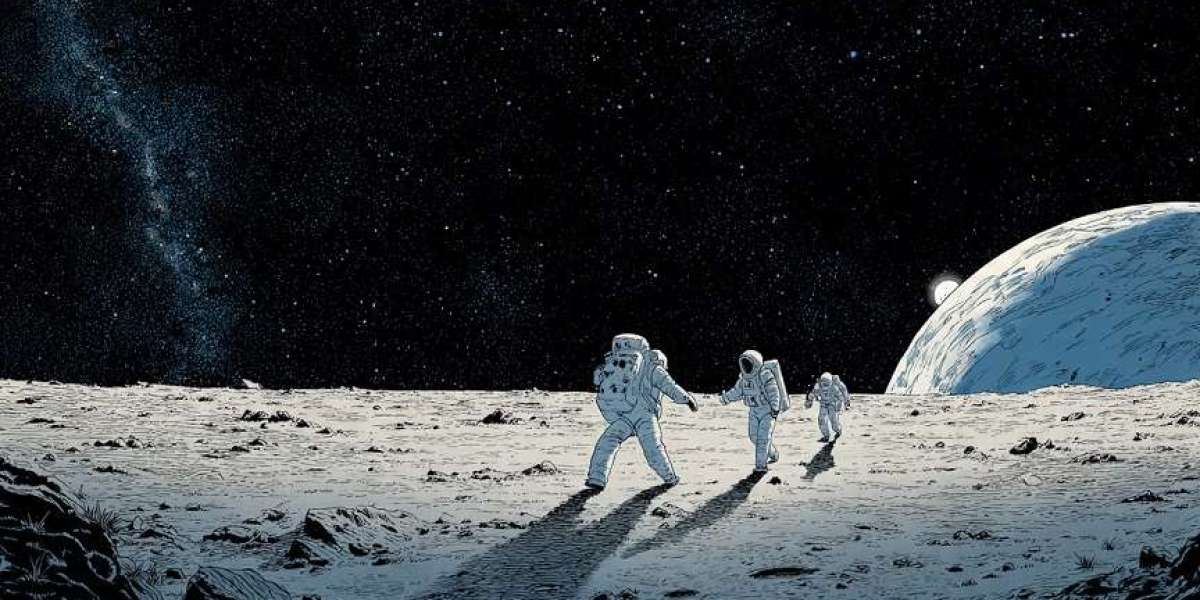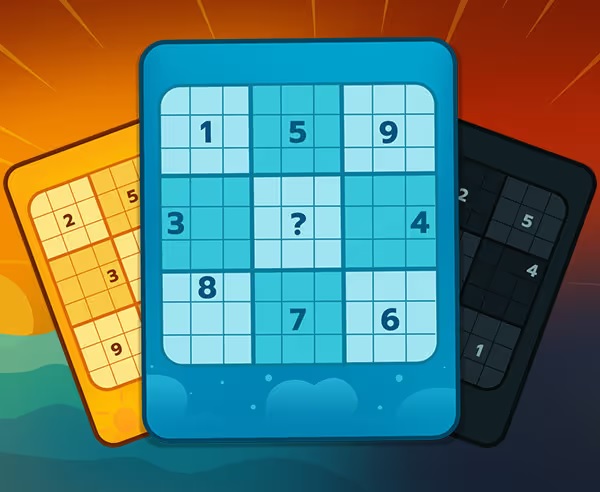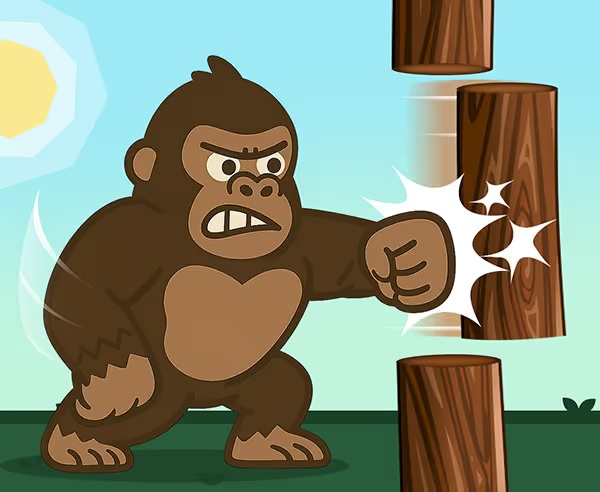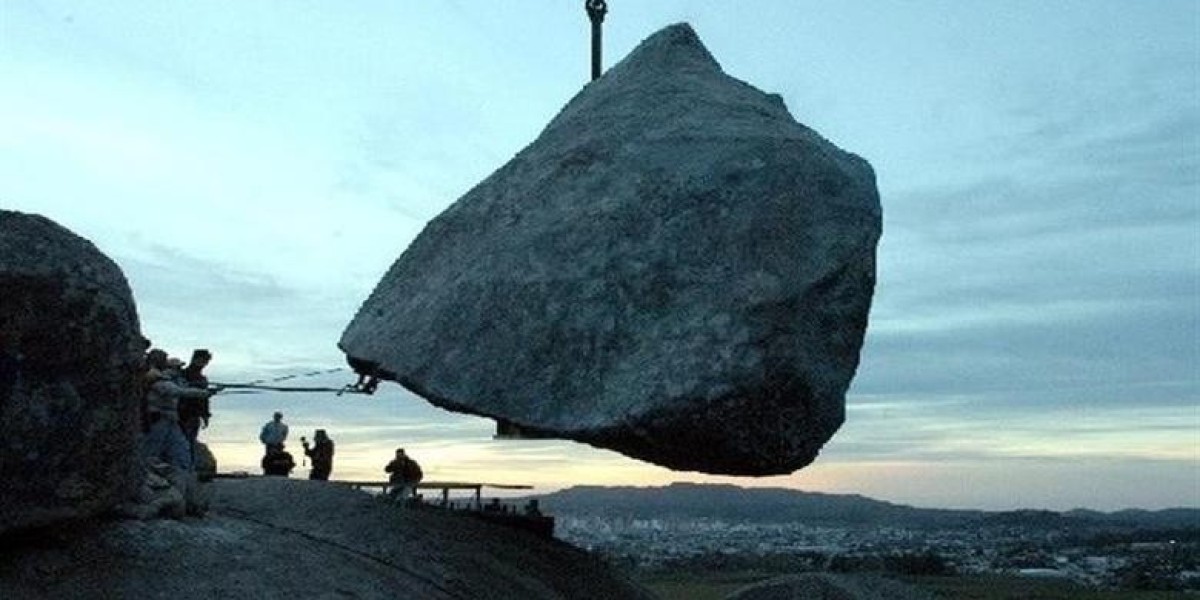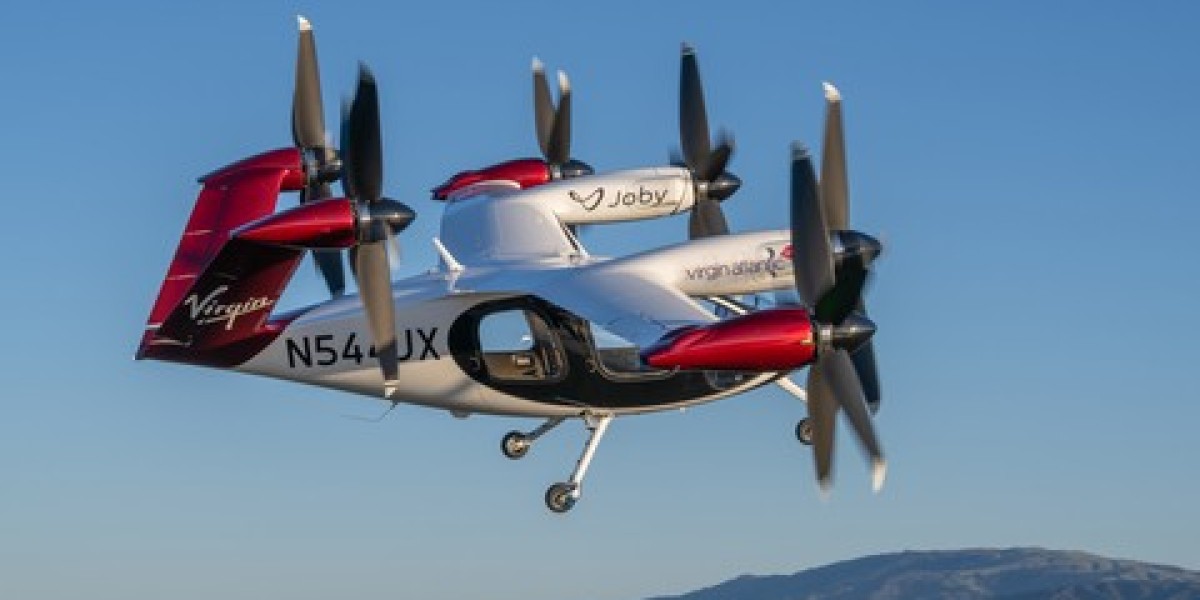article image source: freepik.com (link)
How Nvidia’s CEO Sees AI Transforming Work: Busier, Not Jobless
Artificial intelligence is often portrayed as a technology that will free humanity from dull, repetitive tasks. But according to Nvidia CEO Jensen Huang, the reality may be more complex—and far busier. Speaking at the U.S.–Saudi Investment Forum in Washington, D.C., alongside Elon Musk, Huang shared a perspective that challenges the popular expectation of a more leisurely future shaped by automation.
Rather than eliminating work, Huang argues that AI will dramatically expand human potential, opening the door to a surge of new ideas, unfinished projects, and opportunities that will keep workers more engaged than ever. In his words, “everybody’s jobs will be different”—and not necessarily lighter.
advertisement
AI as a Productivity Engine—Not a Vacation Pass
While AI is undeniably cutting back on many of today’s tedious tasks, Huang believes that productivity gains don’t translate to extra time off. Instead, they create space for people to take on more ambitious work.
He explains that when difficult tasks become easier with AI, people naturally begin to pursue the ideas they previously lacked the time or tools to explore. Rather than replacing work, AI expands it.
This perspective differs sharply from Elon Musk’s view at the same forum. Musk suggested a future where work becomes optional—something people choose to do like a hobby, a sport, or a creative outlet. He compared future labor to decisions like growing vegetables in your backyard instead of buying them in a store.
The two visions highlight contrasting paths: Huang sees AI enabling more human activity; Musk imagines it potentially eliminating the need for work as we know it.
The Radiology Example: More Efficiency, More Work
To illustrate his point, Huang referenced the field of AI-enhanced radiology. Early predictions claimed radiologists would be among the first professionals replaced by AI due to the technology’s skill in image analysis. But, according to Huang, the opposite is happening.
AI has helped radiologists read scans faster and more accurately, which gives them additional time to take on more scans, process more images, and spend more time with patients. The result? Growing workloads—and even job growth.
This fits Huang’s broader argument that as tasks become easier, the volume and ambition of work naturally expand.
Gen Z and the New Landscape of Work
Nvidia’s rise during the AI boom has made Huang’s perspective especially relevant to younger workers. Many members of Gen Z fear AI will swallow the entry-level positions they rely on to build careers.
Global projections support some of those concerns: the World Economic Forum estimates that while AI will displace around 92 million jobs, it will also create roughly 170 million new ones. That imbalance tilts toward opportunity—but it still leaves uncertainty about path and preparation.
Amid these shifts, many new graduates are pursuing advanced degrees, such as law or business programs, to stay competitive in an evolving job market where traditional entry-level pathways are shrinking.
Huang has previously cautioned that the real threat isn’t AI itself, but rather being outpaced by someone who knows how to use AI effectively. In this sense, adaptability—not fear—is the skill that will shape career survival.
Conclusion: A Busier, More Creative Human Future
Whether future work becomes optional, as Musk imagines, or more abundant, as Huang predicts, one thing is clear: artificial intelligence is reshaping the boundaries of human capability.
Huang’s view invites a powerful, inspiring interpretation—AI will not diminish human value; it will amplify it. It will remove barriers, accelerate ideas, and expand what individuals and organizations can accomplish. But it also challenges society to prepare for a world where creativity, adaptability, and technological fluency are no longer optional.
As AI grows more embedded in daily life, the future of work may not be lighter—but it can be richer, more imaginative, and more filled with possibilities than any era before it.
Sources
Yahoo Finance / Fortune:
https://finance.yahoo.com/news/nvidia-ceo-says-ai-actually-151416180.html
Thank you !
